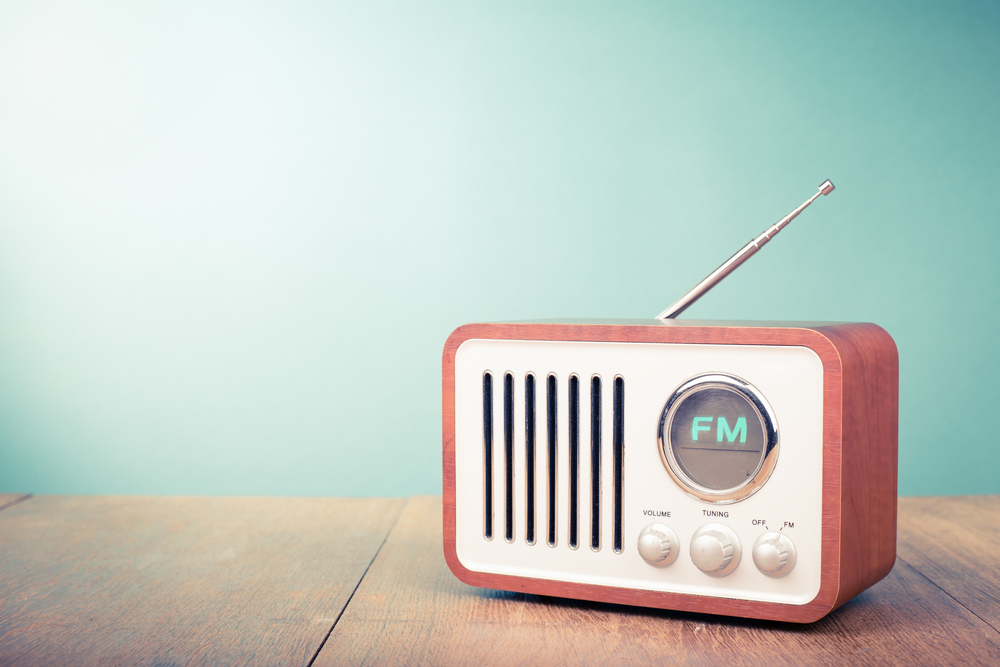PRS & PPL Licensing – what it means and how to avoid it
Practice Managers often ask us to explain the difference between PRS and PPL licenses and why they need to pay both fees when playing music in their practice.

Let’s try and simplify things. When playing copyrighted commercial music e.g. Robbie Williams, Adele etc either via CD, laptop or radio e.g. Radio 2, in your practice then you must pay a licence fee to cover the PRS and PPL. This is an annual cost as the licence needs renewing.
PRS, short for Performing Rights Society represents the interests of its members who compose and write the music and lyrics. PPL, short for Phonographic Performance Limited represents the actual recording of the music i.e. all the musicians who performed on the recording of the music. Together these organisations collect revenue from businesses when their music is played in a public space such as a practice waiting room and then share the returns as royalties to their members.
However the important to remember is that if you play only non-copyrighted music composed and performed by NON PRS PPL members then you do not have to pay any fees to PRS or PPL. It seems a lot of people are unaware of this and the huge savings you can make in your practice by simply switching to playing NON PRS PPL music. Composers and musicians don’t have to be members of PRS or PPL to make a living and have decided not to join. Unlike the TV licence you can find an alternative.
So you can easily and legally avoid paying PRS PPL fees when playing music in your practice. Just make sure the music you are playing is NON PRS PPL music.
Community Quicklinks
- Introduction
- Additional Member Services
- Advice for Members
- Loss of vaccines – Prevention and what to do in order to claim
- Business as (un)usual – Getting back to normal after a serious incident
- PRS & PPL Licensing – what it means and how to avoid it
- Establishing a Clean Desk Policy
- Protect your future by insuring your past
- Income Protection and Business Overheads Insurance
- What's the right cover for you?
- Are your Ergonomics right? How to improve the way you work





